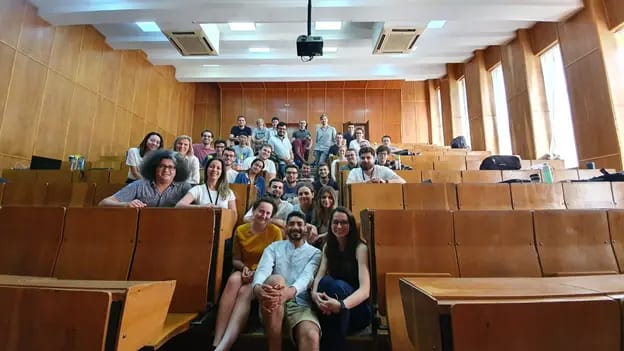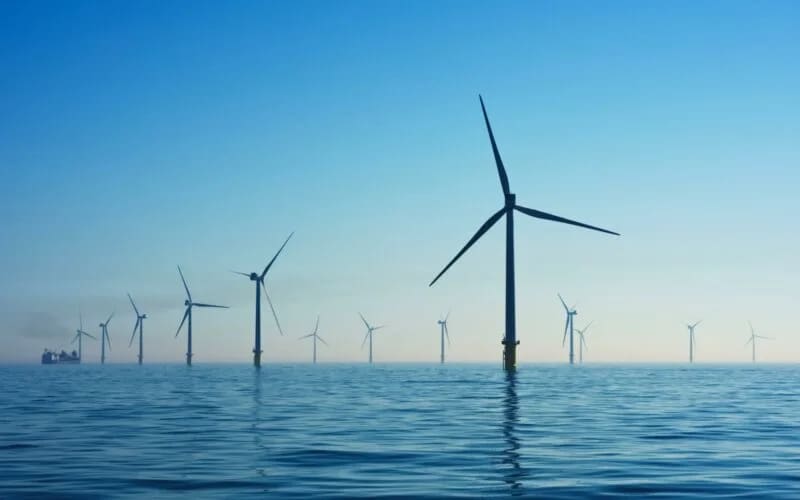3pm at Nansen (Copernicus, 1st floor).
Talk by Yue (Michael) Ying (NERSC).
Abstract
A multiscale alignment (MSA) ensemble filtering method was introduced by Ying (2019) to reduce nonlinear position errors effectively during data assimilation. The MSA method extends the traditional ensemble Kalman filter (EnKF) to update states from large to small scales sequentially, during which it leverages the displacement vectors derived from the large-scale analysis increments to reduce position errors at smaller scales through warping of the model grid. This study stress-tests the MSA method in various scenarios using an idealized vortex model. We show that the MSA improves filter performance as number of scales (Ns) increases in the presence of nonlinear position errors. We tuned localization parameters for the cross-scale EnKF updates to find the best performance when assimilating an observation network. To further reduce the scale mismatch between observations and states, a new option called MSA-O is introduced to decompose observations into scale components during assimilation. Cycling DA experiments show that the MSA-O consistently outperforms the traditional EnKF at equal computational cost. A more challenging scenario for the MSA is identified when the large-scale background flow and the small-scale vortex are incoherent in terms of their errors, making the displacement vectors not effective in reducing vortex position errors. Observation availability for the small scales also limit the use of large Ns for the MSA. Potential remedies for these issues are discussed.




